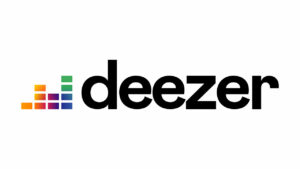Universal Music aims to boost artist royalties in new streaming model

UNIVERSAL Music Group NV and French company Deezer SA said they have developed a new music-streaming model that better compensates artists and the songs that fans actively engage with.
The deal is part of a broader strategy by the music industry to get more money from streaming platforms that have been flooded by white noise tracks and artificial intelligence (AI)-generated songs.
Artists who have at least 1,000 streams per month by a minimum of 500 unique listeners will see their royalties increase to reward their contribution to the streaming platform. The model will also better reward music that fans actively seek out on the platform, according to a statement from the two companies on Wednesday.
Deezer plans to introduce the model in France in the fourth quarter, before rolling it out to other markets.
Universal Music’s Chief Executive Officer Lucian Grainge has previously said that there is a “pressing need” to reassess the streaming model after an increase in uploads of low-quality content designed to “game the system and divert royalties.” The record label for artists such as Taylor Swift and Drake this year began partnering with streaming services including Tidal to explore an “artist-centric model” that rewards musicians with passionate fan bases. The company has also been in discussions with Spotify about addressing these issues, Grainge said during an earnings call in July.
Deezer will also take steps to limit non-artist noise content. “It should be obvious to everyone that the sound of rain or a washing machine is not as valuable as a song from your favorite artist streamed in HiFi,” Deezer’s Chief Executive Officer Jeronimo Folgueira said in the statement.
“It will be interesting to see whether this deal can become a template for other streaming services to follow,” Citi analyst Thomas Singlehurst said in a note to clients. “There has always been a sense that Deezer has been quicker to move as a smaller player because it is less likely to destabilize the broader artist ecosystem.” — Bloomberg




